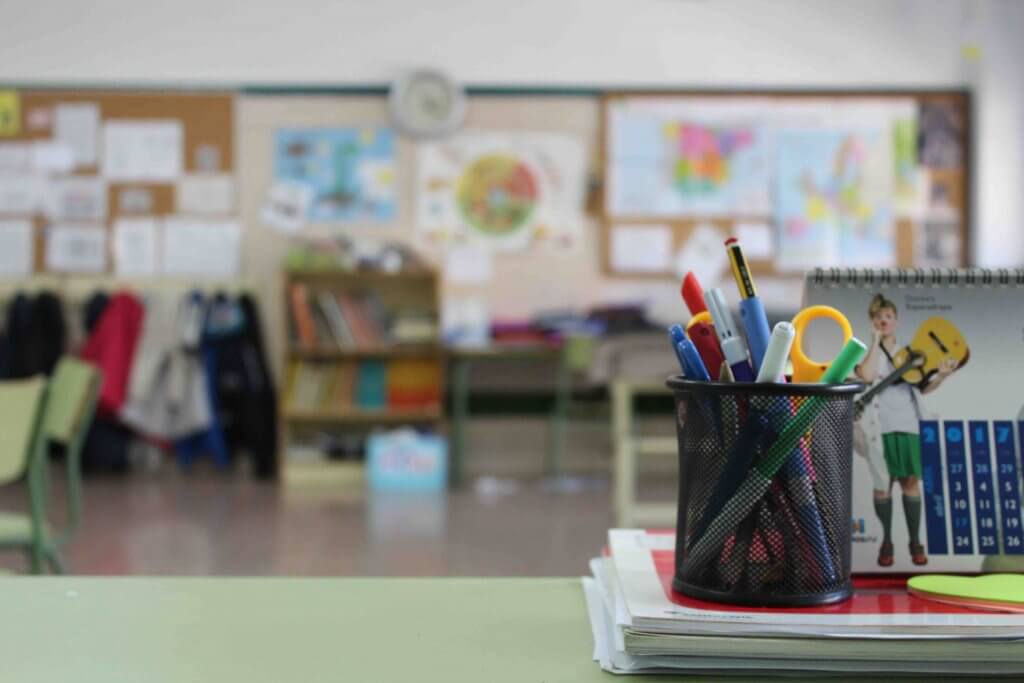Education Department Lifts Prohibition on Religious Organizations
May 3rd, 2019

On the basis of a recent decision by the United States Supreme Court, the United States Education Department recently announced that religiously affiliated organizations will become eligible to offer services to low-income students attending private schools. This law will substantially change the level of interaction that religious organizations have with educational institutions in the country.
What Educational Laws State on Religious Organizations
Under the “equitable services” provision of Title I of the Elementary and Secondary Education Act, low-income students who attend private schools are eligible for tutoring as well as other services received by fellow students who attend public schools. The private schools negotiate what services are needed with the school district and then provides services using its own workers or pays for a third party provider. The current version of the law, however, states that all of the providers must be independent of any religious organizations.
The Supreme Court’s 2017 Decision
In the 2017 case of Trinity Lutheran, the Supreme Court ruled that religious organizations could not be prohibited from a playground resurfacing program on the basis of their religious affiliation. The Department of Education has since stated that this decision affirmed the intent of the First Amendment to not restrict the free exercise of religion and that students should not be subject to discrimination on the basis of their religion.
The Future of the Department’s Decision
It is likely that challengers to the Department of Education’s regulations are considering the ongoing dispute on both sides about the applicability and scope of the Trinity Lutheran ruling. In accordance with the most recent change, school districts would still be required to approve expenditures. Other restrictions that still exist on how services must be provided to students include that they must be secular, neutral, and non-ideological, and they must be provided by an organization independent of a private school. Critiques to this change in law have responded that the decision represents part of the current Department of Education’s efforts to increase federal support of private schools. In response to questions about what caused the change, the Education Department has not yet responded. It also remains uncertain whether additional policy changes are coming at any time in the future.
The Universal Life Church
While many of the laws concerning the separation of church and state trace back to the United States Constitution, each year there are a number of court cases and decisions that test the exact boundaries of these regulations. By reading the Universal Life Church’s blog, you can remain up to date with the most recent developments in this area of law.
(image courtesy of Celia Ortega)


